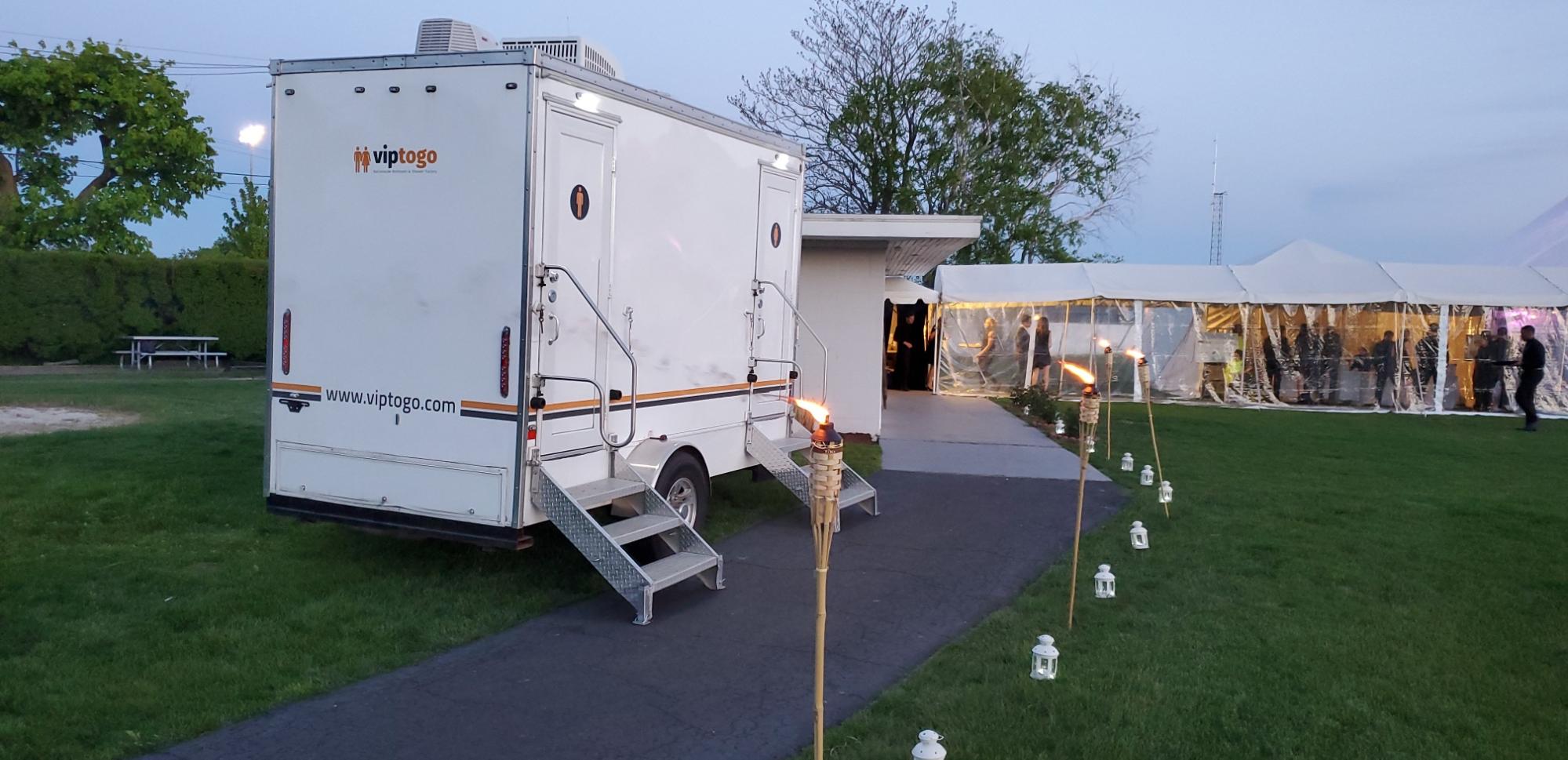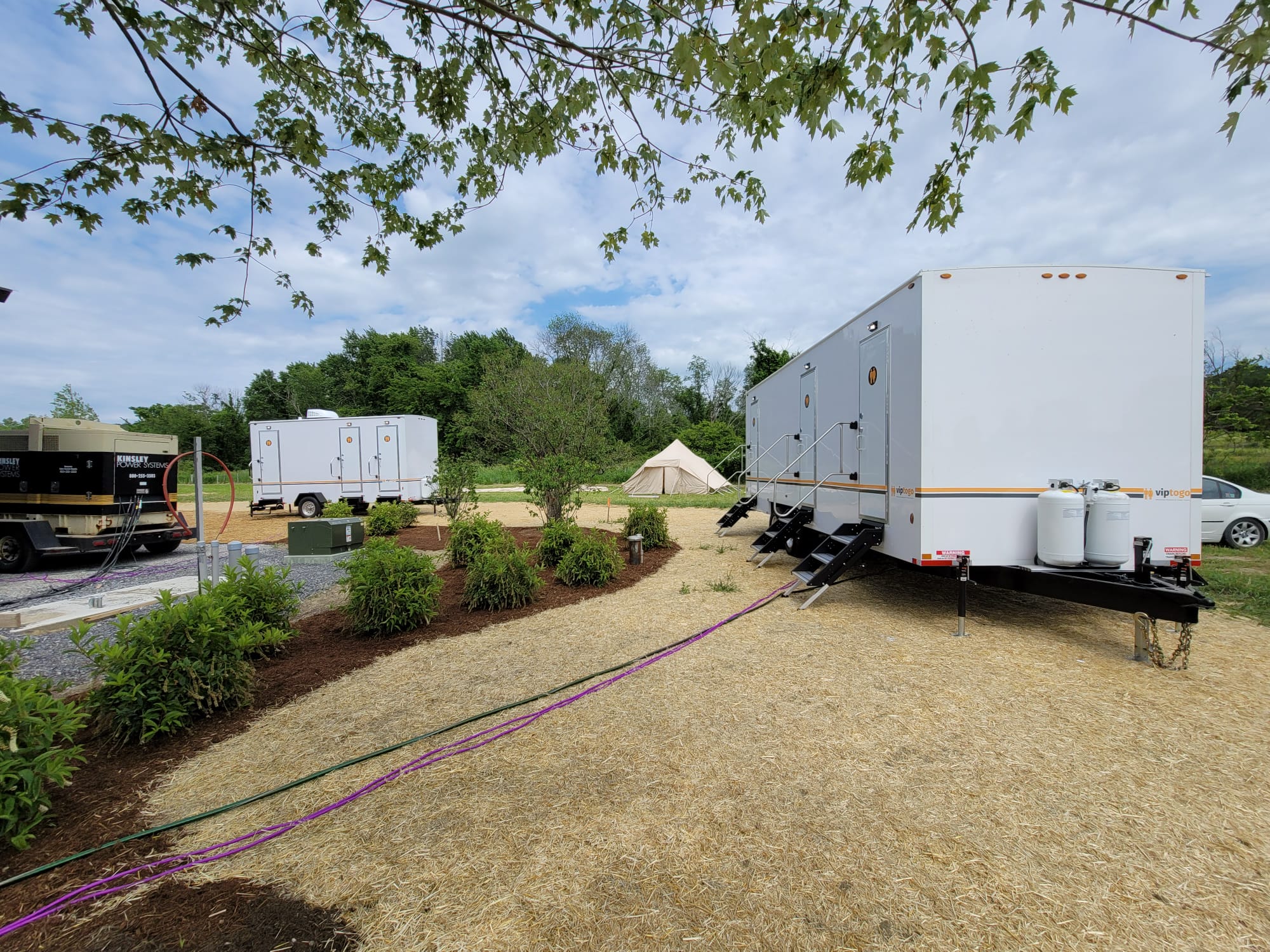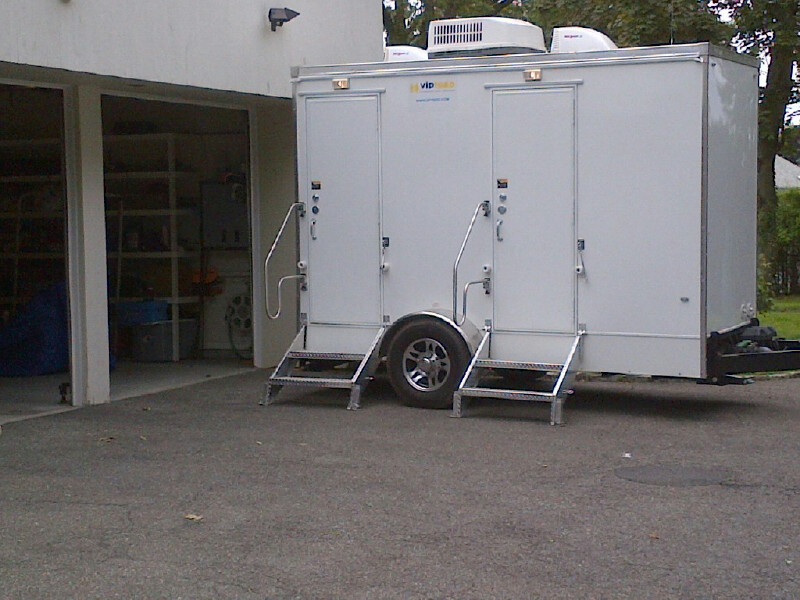
How to Organize a Concert Event: Checklists and Guidebook
At the height of the pandemic, we had to stream home concerts to continue supporting our favorite artists and keep ourselves entertained. Fortunately, as we slowly assume a life of normalcy, we can now join and enjoy events face-to-face, even though minimum health protocols remain. According to a 2020 survey, 26% of respondents agreed that they would attend more outdoor and sporting events after the COVID-19 pandemic. Another 36% said they’d attend these events just as frequently as they did pre-pandemic.
Concert planning can be a daunting yet exhilarating experience. Making sure everything comes together beautifully means having a solid plan in place.
In the coming sections, we shed light on how to organize a concert event with finesse, complete with checklists for organizers.
Let’s dive in, shall we?
How to Organize a Concert Event
For those wondering how to organize a concert event, you must remember that there are several factors to consider to make sure that everything is planned and executed in the most professional, streamlined manner. However, you should also keep in mind that the ultimate goal is not just to have your tickets sell out but also to ensure people have fun and are likely to attend your events in the future!
You’ll need to keep these points in mind to discover how to organize a concert event that everyone will rave about.
Without proper budget planning, your concert expenses could go haywire. It’s necessary to have a clear outline of the financial aspects involved, with some money set aside for unforeseeable expenses.
First, make a list of the things you’ll have to take care of before, during, and after the concert. Once you’re confident with your checklist, discuss and plan the concert cost breakdown with everyone involved in the event planning.
If you’re unsure how to prep for a concert budget list, here’s a sample:
- Bands, associations, food and beverage partners, sponsors, and charity groups (if any)
- Venue rental fees
- Venue rental costs for rehearsals
- Ticket cost
- Printing cost
- Social media marketing cost
- Indoor and outdoor advertising cost
- Creative design for promotional materials cost
- Stage setup cost
- Production and behind-the-scene costs
- Organizers’ and presenters’ costs
- Ticketing platform cost (take note of the commission the platform will take)
- Merchandising cost
- Lighting and sound costs
- Community event planning committee cost (if you wish to involve people from your locality for community-driven events such as fundraisers or political campaigns)
- Staff and security costs
- Seating option costs (including a designated seating area for sponsors and special guests)
- Accounts and financial management team fees
- Cost of freebies such as merchandise for promotional purposes
- Videography, live streaming, and photography costs
- Cost of the audio and visual team’s services for PA music and video content between sets
- Equipment and prop rentals cost
- Stage design costume/production costs
- Negotiate stay and transportation costs with vendors
- Influencer marketing costs
- On-ground and on-stage communication costs (earpieces, walkie-talkies, mics, and the like)
- Event portable toilet rental cost
The next challenge is putting together a concert at the right venue to host a performance. To execute a concert setup, you have to choose between an indoor or outdoor venue. You’ll need to bear the nuances of how to prepare for a concert in mind, such as sound aesthetics, number of attendees, the size of the band/s, and the number/type of performers. A lot of concert organizers like to add a diverse mix of performances, from dances to fashion shows and stand-up comedy.
Venues for outdoor events do well for organizers planning a concert for the first time or who want to project a festival vibe. People increasingly prefer outdoor events because of how easy it is to maintain social distance and mingle in the open air as opposed to a closed, crowded space.
Keeping today’s needs in mind, opt for an outdoor venue with more room to get creative with a concert stage setup and an on-ground layout for stalls, food and beverage (F&B) trucks, photo booths, and more. Once you finalize your plans, block the outdoor space at least 6 to 8 months in advance.
Here’s what you’ll need to do next as part of your concert checklist:
- Present your plan (from concert opening ideas to closing performances) to the band, performers, and venue manager
- Decide on the venue and review security measures, venue rules, and hygiene protocols
- Sit down with the organizing team to discuss how long a concert should be, based on the number of acts and duration of on-stage performances
- Set a date and time for the concert
- Review logistics
- Set a date and time for the organizers and loading staff to be present for the concert setup (ideally two days before the main day)
- Rent portable toilets for special events to ensure you meet hygiene standards
- Add up all the costs as per the budget outline
- Determine the ticket cost
Once the major aspects of how to organize a concert event are taken care of, the next step is to put a solid program together. Swap or replace items as you delve deeper into the planning stage. For those who aren’t familiar with how to organize a concert event, this is a crucial step that takes weeks to put together, fine-tune, and finalize.

Here’s what your concert preparation list should include when piecing together your program:
- Sign up on an online ticketing platform or create a dedicated website to start selling tickets and share important concert information (performance line-up, sponsorships, F&B details, stay and travel arrangements, etc.)
- List the event on all concert-listing websites
- Create a solid social media campaign (with email and influencer marketing) with a marketing firm that understands the creative vision and goals of your concert
- Conduct contests to engage with your online audience
- Build a community of fans leading up to the concert
- Print/install indoor and outdoor advertising assets
- Ensure the artists have access to refreshments, towels, and luxury restroom trailers at the concert
- Rent portable toilets for special events for guests and attendees
- Arrange for food, shopping, and beverage coupons to track finances
- Schedule and plan week-long rehearsals for the performers in advance
- Prepare guest lists for sponsors and VIP guests
- Reach out to volunteers to man the entryways and exits of the venue
- Book a medical team to be on call at the venue
- Have a meeting with all on-ground teams and set a time and date for sound and lights setup and testing
- Set up a merchandise table at the venue to interact with attendees
- Settle all pending costs within a few days after the event
-
Address Marketing and Ticket Sales
Marketing your concert can make or break your sales. Whether you’re a seasoned or noobie concert host, it’s paramount to focus your energy on hyping up your concert. This can take anywhere between 4 to 6 months to establish online and offline. You’ll need enough time to finalize the following:
- Art creatives (of the concert and sponsor products/services)
- Video promos for social media platforms such as Instagram, Facebook, and YouTube
- Photoshoots of the artists/performers
- Merchandising items
- Press releases and media coverage (TV and radio)
- Indoor and outdoor advertising assets
- Influencer marketing
Your accounts team should have a firm handle on the concert website or ticketing platform to keep track of sales. Monitoring this is imperative to ensure that marketing efforts work in tandem with ticket sales.
What to Do on the Concert Day
It’s D-day and time to set things into action! On the main day, ensure that all teams are at the venue, bright and early. Go through your program checklist to make sure you haven’t left anything out.
It’s best to hire a professional team that you can rely on for timely and proactive updates and assistance, ensuring everything is running as smoothly as planned. Request presenters to rehearse their speaking points before the event begins. All sponsor, partner, vendor, and association mentions should be carefully cross-checked.
Sometimes, even the best-laid plans can run into trouble. It’s important not to panic if such a situation arises. Stressful moments will be easier to tackle when you react and think calmly. Your team should be equally adept at handling curveballs.
Mistakes to Avoid
If you’re wondering how to organize a concert event with fewer to zero hiccups, read on. The last thing you want to do is look at the concert with a sales-y mindset. Change your approach and be open to suggestions on how to host a concert that benefits everyone involved.
Here are the most common mistakes concert organizers make:
- Not investing in marketing and promotional strategies
- Not reviewing all concert costs first before deciding on ticket value
- Not doing prior research on audience interests and preferences by city/region
- Not building a community of fans in the months leading up to the concert
- Not fostering deep connections with offline or online fans
- Not investing in advertising or sponsorships to strengthen your image and build trust
- Not mindful of eco-conscious alternatives to ensure minimal wastage at the concert
- Not arranging for portable toilets for special events
- Not creating and going by a checklist of things you need to host a concert
VIP To Go Portable Toilets for Special Events
Do you need portable toilets for events? Yes, you do! These toilets are a godsend for events and should be at the top of the list of concert must-haves. You can rent our portable toilets for special events to accommodate guests, artists, performers, and attendees. Our portable toilets for special events are an essential part of how to make a concert a raving success.

Here’s why you should consider renting portable toilets for special events from John To Go:
- Hygiene is a necessity that concert hosts must respect and bear in mind. Event restrooms make it easy for concert attendees, guests, and performers to visit the restroom.
- Mobile restrooms are made of durable, high-strength materials and they feature state-of-the-art amenities for superior comfort. They are well-stocked with cleaning supplies.
- They come with sinks, stalls, and urinals, making it easy for performers or attendees to freshen up before, between, and after the concert. Our team of cleaning professionals can make regular visits to make sure that the portable restrooms are stocked and disinfected between performances.

FAQs
Now that you know how to throw a concert, we explore a few popular questions about our VIP restroom trailers.
How many portable toilets per person at the event?
For a standard concert, you’ll need a trailer that can accommodate anywhere between 1,000 to 2,000 people. Our VIP restroom trailers incorporate as many as 10 dedicated stations for large gatherings. Depending on how many people attend your concert event, you can rent small, large, or multiple units at a time.
How many toilets do I need for my event?
Based on how many people are coming to the concert, you’ll need to rent additional restroom units with more stations. Our largest VIP restroom trailer can cater up to 2,000 people in a day.

Conclusion
The above pointers and checklists should answer your questions on how to throw a concert like a pro. Create your own concert checklist to cover all bases, and you’ll be setting up your concert for success!